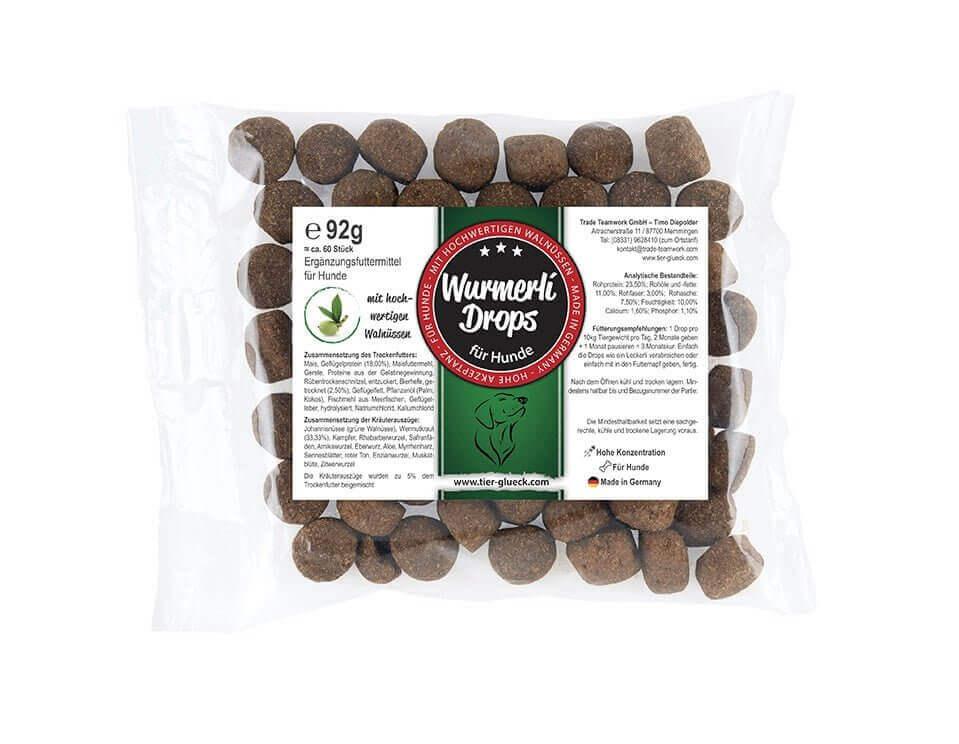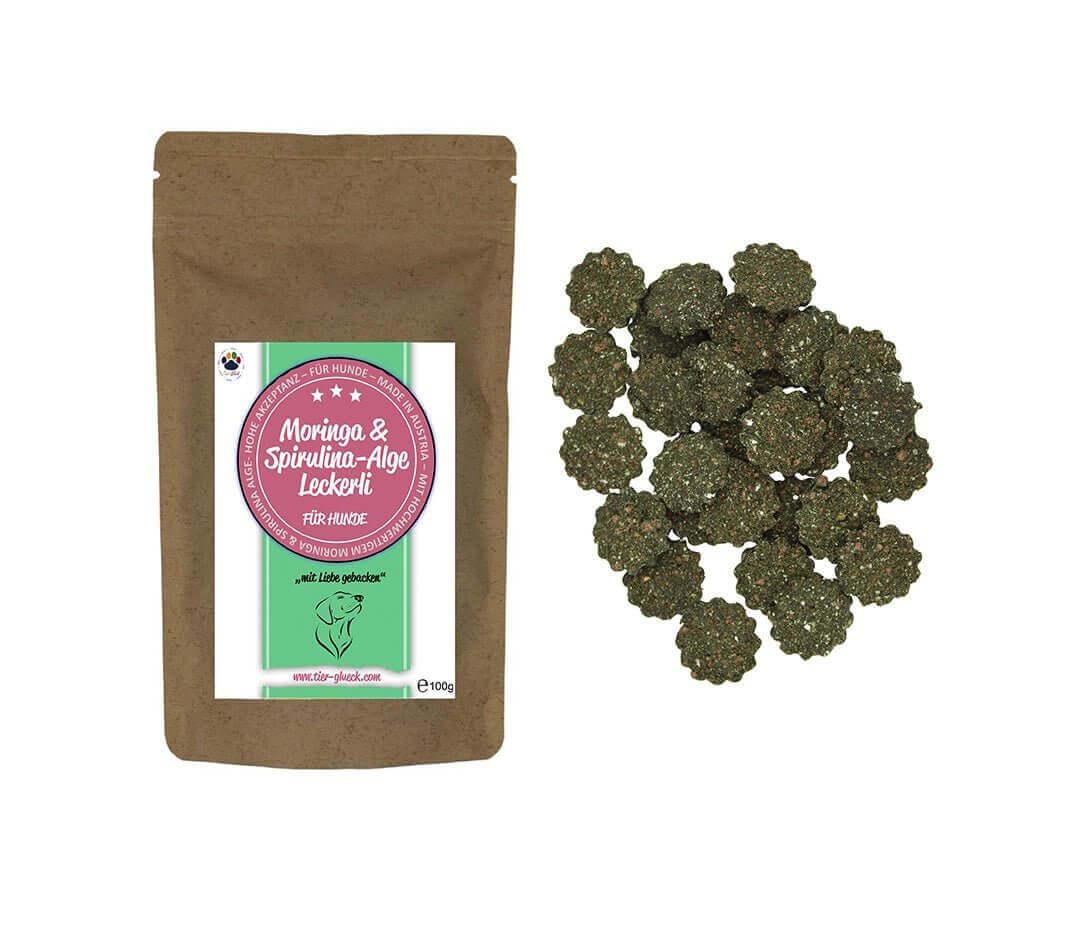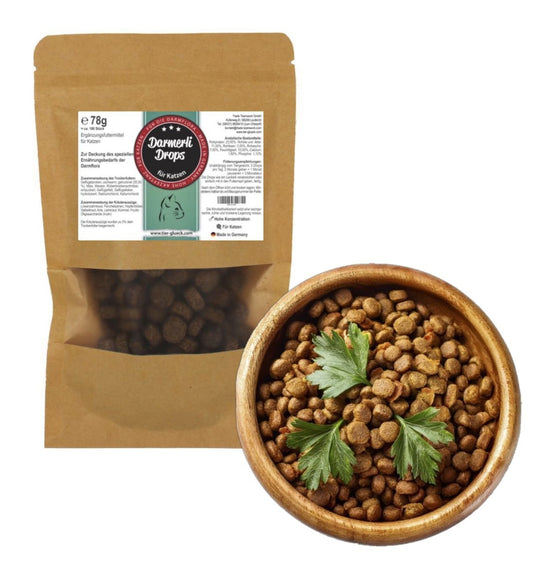What to do if your cat suddenly has no appetite?
Every cat lover knows this moment: The food bowl remains untouched, even though your cat is usually enthusiastically devouring its food. Instead of curiously rubbing against your legs, it retreats or just sniffs briefly—and then demonstratively turns away.
Don't worry: In most cases, there's nothing dramatic behind it. Nevertheless, it's important to take a closer look – because loss of appetite can have many causes.
🐾 Possible reasons for food refusal
1. Changes in everyday life
Cats are creatures of habit. Even small changes in the home can throw them off balance: a new carpet, noisy renovations, a new family member, or even a change in daily routine.
What helps: Give your cat time and provide a quiet place to retreat. Familiar rituals like shared playtime or cuddles provide security.
2. Change in weather or seasons
Especially in summer, cats may eat less – just like humans do when it's hot outside. The shedding of fur in spring and fall also puts a strain on the body and can affect appetite.
Tip: Make sure the food doesn't sit out for too long, especially in high temperatures. If necessary, offer smaller portions throughout the day.
3. Stress or inner restlessness
Dogs barking outside, strange visitors, or a fight between cats in the household? Sensitive house cats often react by withdrawing—and sometimes even losing their appetite. Car rides, vet visits, and moving are also typical stress factors.
Gentle support: Natural companionship can help during such times. Our Relax Drops for cats are specially designed to provide loving support throughout everyday life—for example, during changes, stress, or new situations. They can be given simply like a treat.
➡️ Learn more here – Relax Drops for cats
4. Food has become boring
Cats are gourmets—and we mean it. Some enjoy a regular change of menu. If they're offered the same food for days on end, they may simply lose interest.
What you can do: Try new varieties every now and then or combine wet and dry food. Offering small treats to stimulate your cat's appetite can also help rekindle their interest.
5. After-effects of vaccinations or treatments
After a vet visit or vaccination, your cat may be quieter and eat less for a day or two. This isn't unusual—just observe them calmly and make sure they're drinking enough.
Our tip: If your pet needs a little support after treatment, our Colostrum Drops for cats offer a valuable addition to their daily routine.
🐱 When should you pay attention?
Not every loss of appetite is cause for concern. In most cases, the behavior returns to normal after one or two days. However, if your cat doesn't eat at all for several days, loses a lot of weight, or shows other changes (e.g., vomiting, diarrhea, or lethargy), you should definitely consult a veterinarian.
❤️ Conclusion: With patience and attention back to the bowl
Cats often show us very subtly when something is wrong – and sometimes a small sign of affection or a small change in their daily routine is enough to give them security again.
Our natural drops are a gentle way to accompany your cat's everyday life – loving, easy to give, and perfect as a daily treat.









